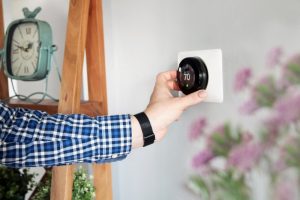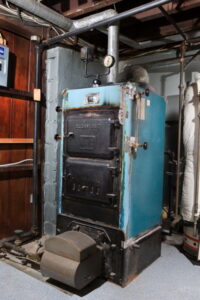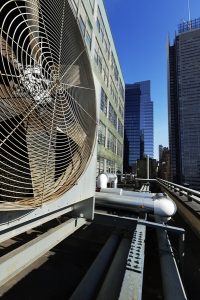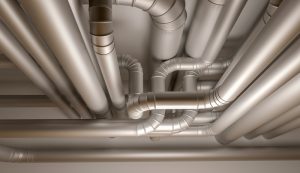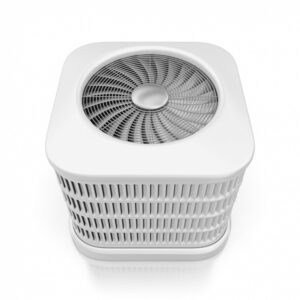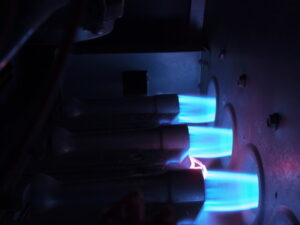Your furnace is supposed to keep your home warm and comfortable, but if it starts making unusual noises, it could be a sign that something is wrong. We’re here to help you recognize warning sounds that indicate you need professional furnace service in Nashville, TN. Ignoring these sounds can lead to bigger problems, costly repairs, and even complete system breakdowns.
What furnace sounds mean you need maintenance?
Unusual furnace noises are often signs it’s time for maintenance. Common sounds include:
- Banging: possible ignition or duct issues
- Squealing: worn or loose belts
- Rattling: loose panels or motor problems
- Grinding: failing bearings
- Hissing: air leaks or gas concerns
Here are some furnace noises that should never be ignored.




